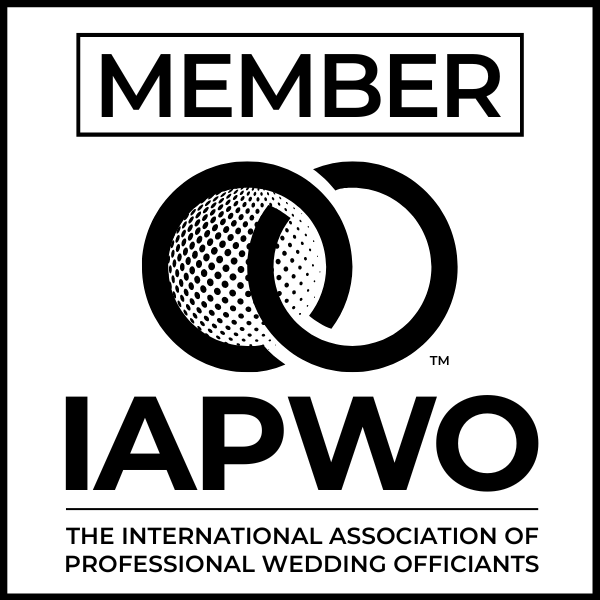
Jewish clergy who are employed by congregations are not always available for families beyond the members of their congregation. This is an important point to confirm early if you are speaking with a congregational rabbi/cantor. Rabbis and cantors who operate independently are generally highly responsive to specific needs and concerns of a wedding couple. They hope to start an ongoing relationship, not unlike any other professional service.
It is important to know that the more traditional Jewish denominations (and some of the more liberal rabbis/cantors) have other limitations; e.g. weddings cannot be held during the holy times of Shabbat and certain Festival celebrations. That has implications for holding weddings on Friday and Saturday. Beyond that, there are periods in the early spring (between the Jewish festivals of Passover and Shavuot-Feast of Weeks) and mid-summer (for the three weeks prior to the Commemoration of Tisha B’Av the 15th day of the Hebrew month of Av) on the Jewish calendar during which weddings are either minimized, or completely avoided.
If you are seeking a secular ceremony or one that is religiously neutral, an ordained clergy person could be an option. An important question to ask is if they are willing to go beyond their standard ceremony. Non-clergy officiants specialize in just those options. The practitioners range from highly trained specialists, to people who are personable but have little formal training in ceremonies or ritual. Some have robust counseling training, and offer those options. Others will give you an initial call, invite you to pick one of three scripts, and see you on your wedding day.
The common truth to all these options is that you want to make an informed selection! Be prepared with the essentials (time, date, etc.), have a sense of your values and style and how you want the ceremony to reflect them, and don’t be afraid to ask your questions!
Are you available for that date and that time?
How do you personalize the ceremony with couples?
What is included in your work with a couple; do you offer extra services e.g. pre marriage counseling?
Will you support us with our ketuba (Jewish marriage document) selection, or with questions about the huppah (wedding canopy?
What are included in standard fees and what are considered extra expenses?
